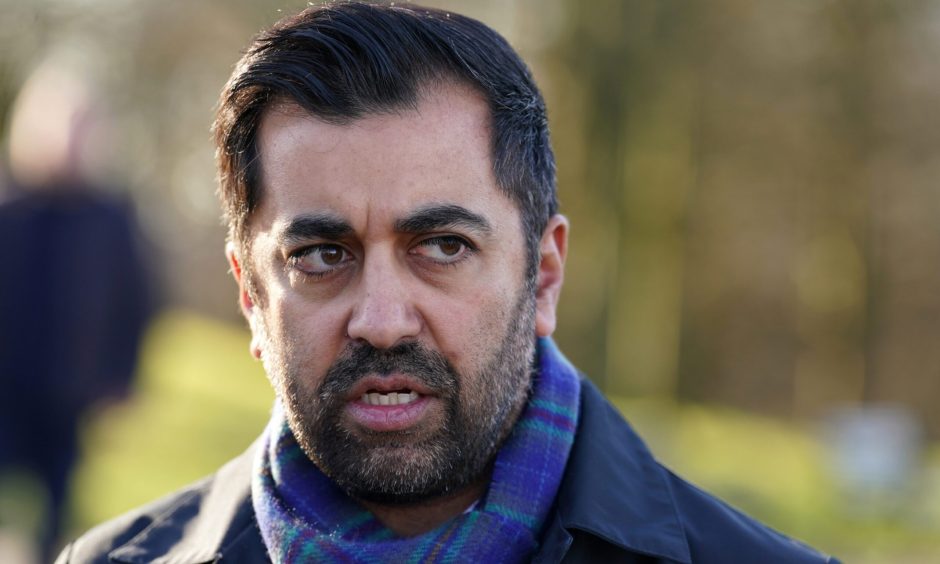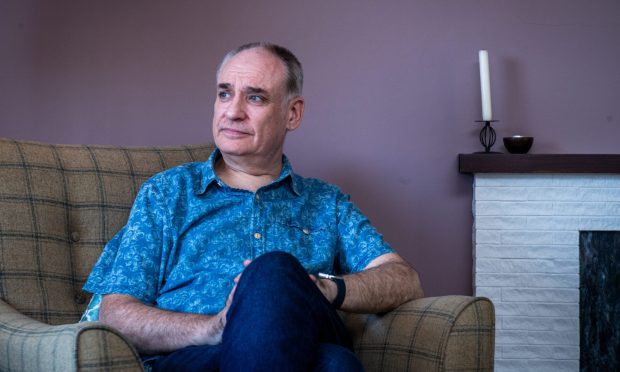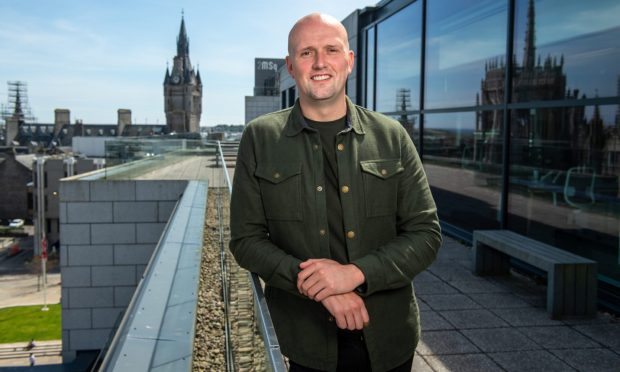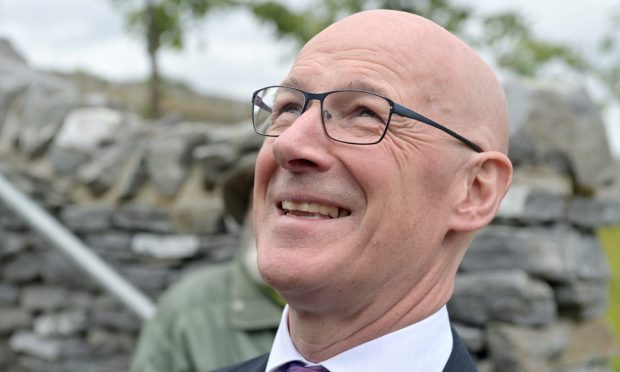Shetland, Orkney and parts of Aberdeenshire are the most supportive regions in Scotland for legalised assisted dying.
Polling shows a clear majority of the country – especially in the Northern Isles – backs the proposals being lodged at the Scottish Parliament today.
It comes as Orkney MSP Liam McArthur claims the ban on assisted dying is “unsustainable”, and forces people to make journeys to countries such as Switzerland for help.
Speaking to the Press and Journal’s political podcast, The Stooshie, he said public opinion was on his side.
‘The ban is unsustainable’
“Poll after poll has suggested an overwhelming level of support for a change in the law,” he told us.
“The ban on assisted dying is unsustainable. We must do better.”
The biggest ever poll on the topic, carried out by Opinium Research, found three quarters of Scottish residents are in favour.
Mr McArthur’s own Orkney constituency ranked alongside Shetland as the most supportive constituency at 82%.
He said: “I may be biased, but I am particularly pleased to see Orkney and Shetland at the top of the list when it comes to levels of support for assisted dying.
“Being brought up in Orkney has always shaped my outlook, so it’s perhaps no great surprise that people in Orkney back what is generally considered to be the next great liberal reform.”
The Western Isles had the lowest levels of support across the Highlands and islands region, but 76% of those polled were still in favour.
In north-east, support was particularly high in Banffshire and Buchan Coast, where four in every five residents said they backed the policy.
The Opinium poll found every single Holyrood constituency in Scotland is in favour of changing the law.
First Minister Humza Yousaf’s Glasgow Pollok patch – where 67% backed the proposals – was the second least supportive across the country.
Previous attempts to pass assisted dying in Holyrood failed partially due to concerns safeguards were not strong enough to prevent the law being exploited.
The model put forward by Mr McArthur would only allow those suffering from a terminal illness who are of sound mind to opt for assisted dying.
“The proposals I’m bringing forward this time are highly safeguarded,” he said. “The eligibility criteria are as restricted as they possibly could be.”
But given the proposals have been voted down twice before, what does Mr McArthur think has changed now?
‘Public attitudes are clear’
“Around two-thirds of the MSPs who are currently in the Scottish Parliament weren’t around in 2015, and haven’t had a chance to debate this issue or vote on it,” the MSP said.
He added: “I think that the public attitudes to this are pretty clear. It’s taken a bit of time for the political mood to catch up.
“From conversations I’ve had with colleagues, many of them have their own personal stories, and that’s forming the way they look at this issue.”
Opponents to assisted dying still fear the laws could be exploited to coerce vulnerable older people into ending their lives prematurely.
Many religious groups have always opposed the proposals.
Among political leaders, Mr Yousaf has doubts over the policy while Scottish Labour leader Anas Sarwar is “yet to be convinced”.
‘Nothing has changed’
Better Way, a campaign group opposed to the plans, claimed nothing had changed since the policy was last put in front of MSPs.
Spokesperson Dr Miro Griffiths said: “This practice has been debated at length and rejected at both Holyrood and Westminster because of overwhelming evidence of its dangers. Nothing has changed since past debates.”
Campaigners in favour say the latest polling is a clear indication the public want to see the current status quo overhauled.
Ally Thomson, director of Dignity in Dying, said: “The message from constituents to their MSPs is strikingly clear – it is time to change the law.”
Fraser Sutherland, of Humanist Society Scotland, said: “Many compassionate alternatives have proved effective overseas, and it’s time for the same humanity to be extended to people in Scotland.”
Scots facing certain death who want to end their own life in Switzerland often face costs of up to £15,000.
Polling found 55% of respondents would consider making the trip if they had a terminal illness.
But 57% of those surveyed said they would be unable to afford it.
Fort William family’s pain
Earlier this month, Fort William teacher Suzie McAllister explained why she supports assisted dying laws after she lost her husband to cancer last year.
Mr McArthur said he was “grateful” to all those who have come forward to tell their stories and hope a change in the law can prevent similar suffering in future.
He said: “It’s heartbreaking what she went through with her late husband, and the trauma that both endured.
“Suzie makes that point very powerfully about the impact of that experience.
“These cases illustrate very well the unsustainability of the current ban on assisted dying.”
You can listen to our full interview with Liam McArthur on our politics podcast, The Stooshie, here.















Conversation